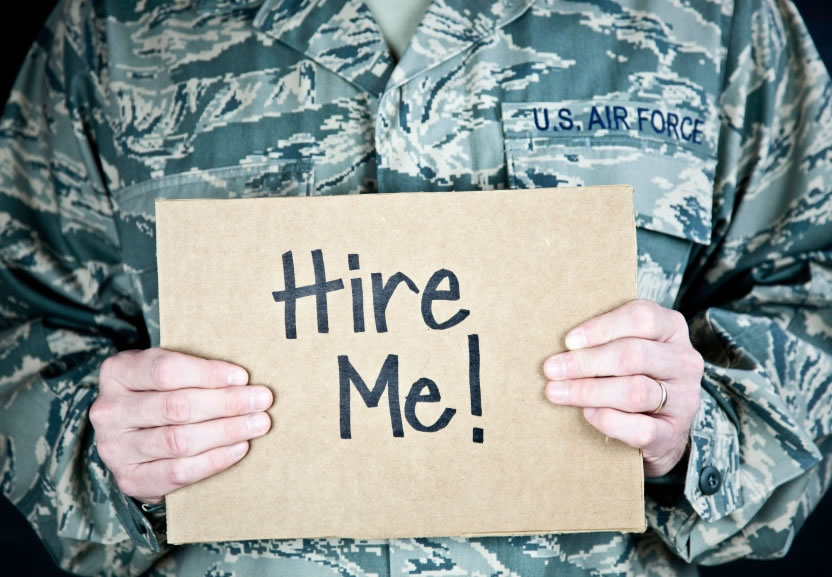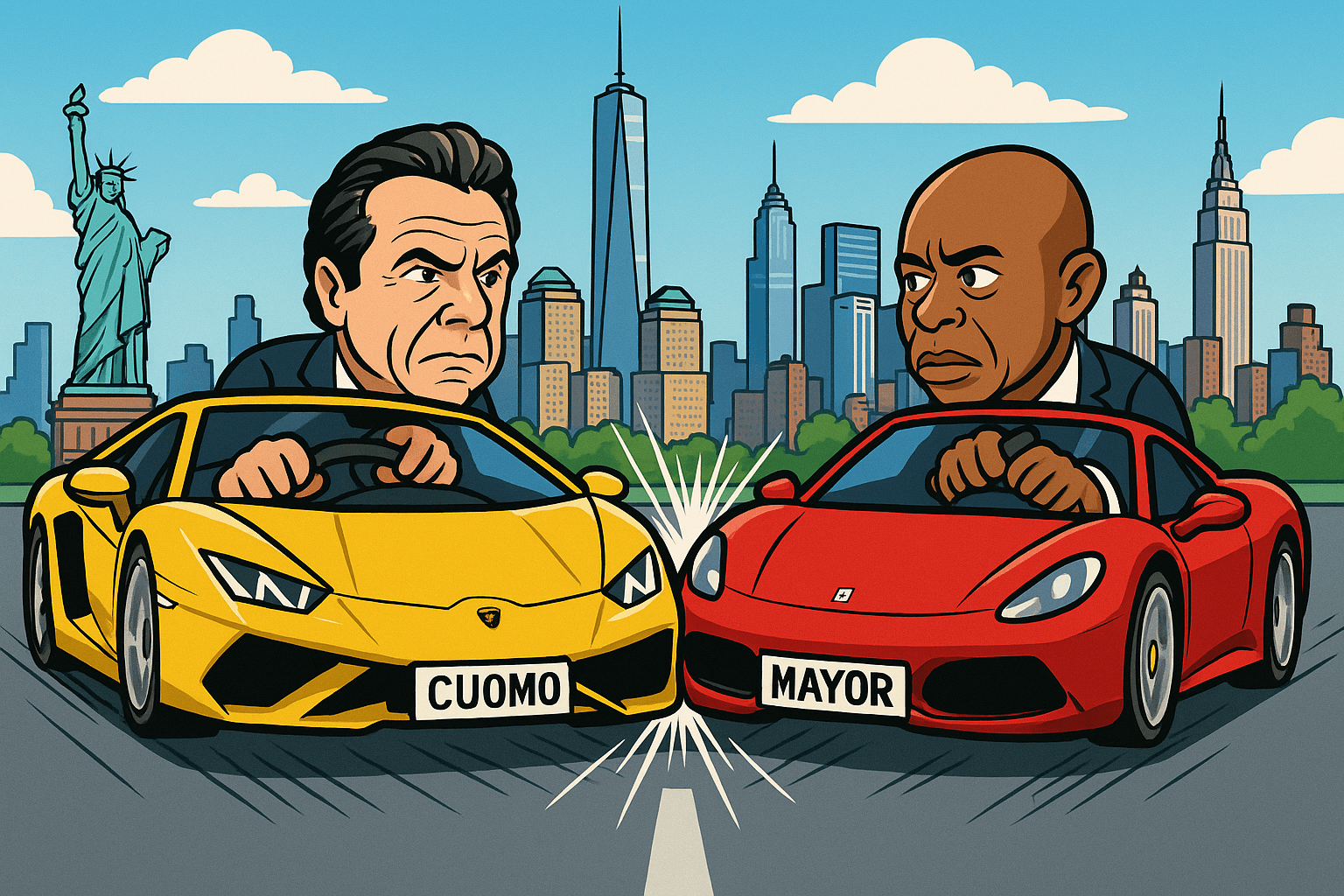New Benefits for Unemployed Veterans On the Way

According to the House Committee on Veterans Affairs, there are nearly 900,000 unemployed veterans in the United States. The unemployment rate is highest among those returning from Iraq, who are experiencing 12.1% unemployment, much higher than the national average. In fact, the unemployment rate of veterans has generally remained 3 points higher than that of equivalent age groups of civilians.
In response to the high jobless rate of veterans, Congress passed the bipartisan “VOW to Hire Heroes Act” in 2011. The program, which has been signed into law by the President, is set to be implemented starting on July 1st.
The overall purpose of the Act is to create a seamless transition from military to civilian occupations for struggling veterans. It attempts to translate worker’s skills more easily from one sector to the other.
Many businesses are still reluctant to hire veterans. A new report from the Center for a New American Security (CNAS), executed in-depth interviews with 69 American companies about the challenges in hiring veterans. According to the report,
“Employers say that deciphering the acronyms that make up veterans’ experience is too complex. Veterans themselves have trouble explaining how their military experience can be adapted to the business world, and many businesses simply don’t know enough about military hierarchies and culture.”
The “VOW to Hire Heroes Act” has added provisions to the Work Opportunity Tax Credit (WOTC), which provides subsidies for employers hiring disadvantaged workers like veterans, by adding to the categories of veterans who qualify. Although veterans who benefit must meet certain qualifications, according to the IRS, the tax credit for employers can be as high as $9,600 per qualified veteran for for-profit employers or up to $6,240 for qualified tax-exempt organizations. The Act will allow employers to claim the WOTC for veterans hired before the start of 2013.
Along with expanding the provisions of the WOTC, the Act provides new educational benefits for unemployed veterans. Through the Veterans Retraining Assistance Program (VRAP), the Act offeres up to 12 months of training assistance for out of work veterans. The training will be provided for high demand occupations, from trucking to technology, and veterans participating in the training program may be provided with 1-year of additional Montgomery GI Bill benefits. To qualify for the program the veteran must be between 35 to 60 years of age, and not have received a dishonorable discharge, among other criteria.
The Act will seek to combat the disconnect between veterans and civilian employers through education and training that is badly needed. With substantial cuts to military spending looming, providing extra services for returning vets has been criticized. The House Committee on Veterans Affairs however, makes clear that the Act will not increase the national deficit in any way and is entirely paid for.




